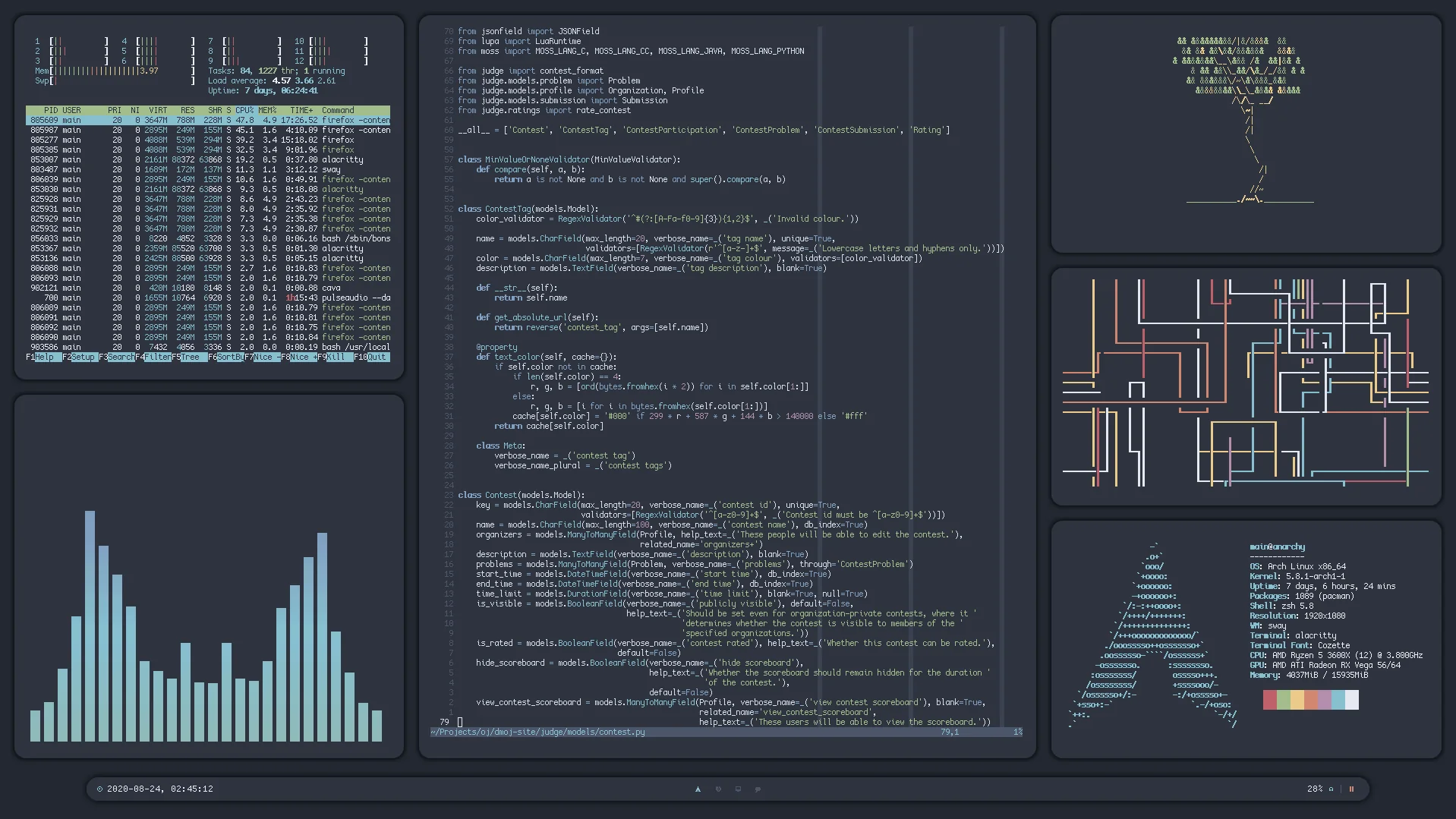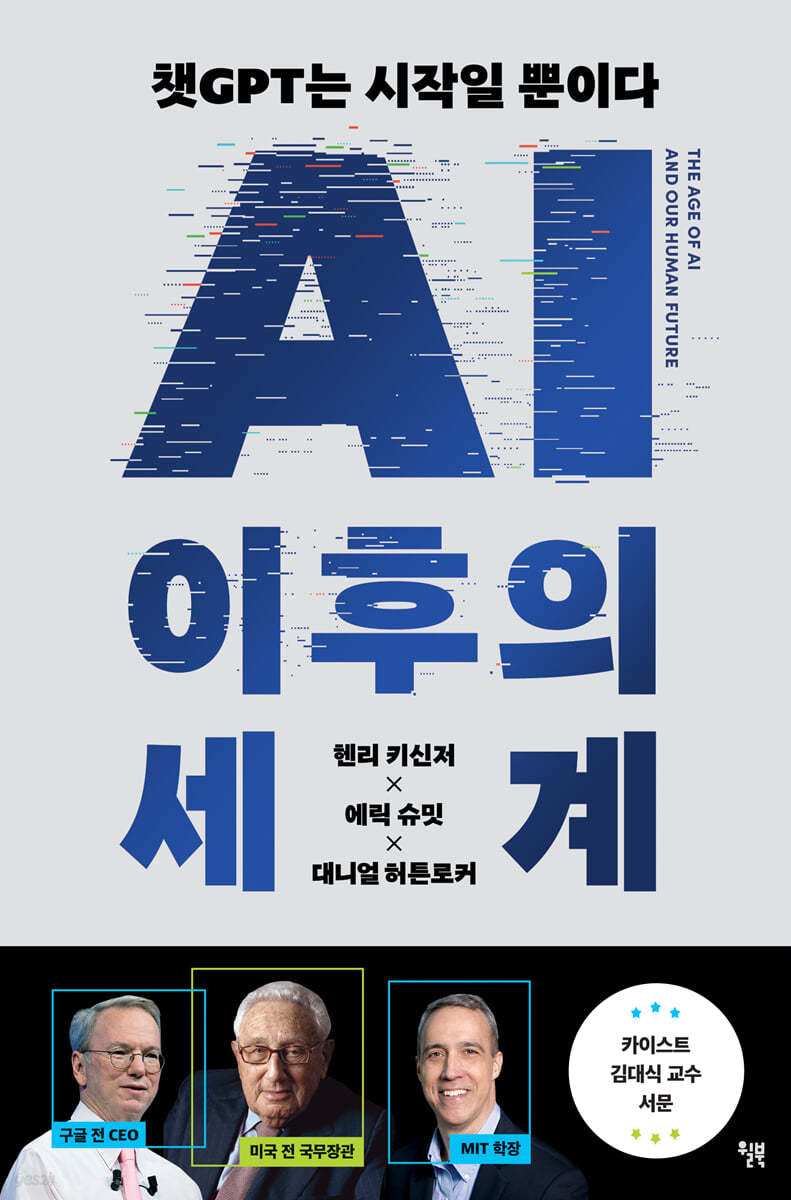Software major student in South Korea.
Interested in Linux, Web, privacy, and cybersecurity.

Bash is a powerful shell scripting language that is widely used on Linux and other Unix-like operating systems. It is very useful for automating tasks and writing small programs. In this article, we will discuss the basics of Bash scripting and how to get started with it. What is Bash? BASH (Bourne Again SHell) is a shell and command language interpreter for Linux and other Unix-like operating systems. It is the default shell for most Linux distributions and is also available on other Unix-like operating systems....
There are many different packaging formats available for Linux. For beginners, it can be confusing to understand the differences between them. In this article, we will discuss the most common packaging formats and their pros and cons. What are packaging formats? A packaging format is a way to package software for distribution. It includes all the files needed to install and run the software. There are many different packaging formats available for Linux....
If you are a developer, you may have heard of the term “FOSS” or “Free and Open Source Software”. FOSS is a software that is free to use, modify, and distribute. There are many FOSS licenses, and each license has its own characteristics. In this article, I will introduce some of the most popular FOSS licenses. GNU General Public License (GPL) GNU General Public License (GPL) is a FOSS license created by Richard Stallman....

There are various desktop environments available in the Linux ecosystem. Each desktop environment has its unique features, allowing users to choose based on their preferences. In this article, we will introduce various desktop environments and window managers (compositors) in Linux. What is a Desktop Environment? Desktop Environment (DE) is a collection of programs that provide a Graphical User Interface (GUI) on a computer. It includes basic programs like file managers, text editors, terminals, as well as visible elements such as panels, notification windows, login screens, and window managers....
Topic What are the solutions for digital exclusion? I believe the role of digital assistants is crucial. The digitally excluded population, who are entirely unfamiliar with digital devices, often lack even the most basic knowledge of how to use them. Many struggle not only with searching on smartphones but also with simple tasks like touch, scroll, and keyboard usage. Given that they may quickly forget these skills, having a digital assistant provide direct assistance seems to be the most effective approach....
In some cases, you might need to install some proprietary software or drivers on Fedora Linux. Since Fedora is a free and open-source operating system, it does not include proprietary software by default. However, you can install them from RPM Fusion, a community-driven software repository. What is RPM Fusion? RPM Fusion is a software repository that provides various packages for Fedora Linux. It includes packages that are not included in the official Fedora repositories due to legal issues or other reasons, such as Steam, NVIDIA drivers, and multimedia codecs....
If you are new to Linux, you might be wondering what a package manager is. A package manager is a tool that allows you, update, and remove software on your computer. It also helps you manage dependencies between different packages. There are many different package managers available for Linux, but they all have some common features. In this article, we will discuss the pure basics of package managers in Linux....

Topics How can humans utilize AI without transferring the core elements of strategy to machines? The shift of roles from humans to AI is a natural phenomenon. If humans intend to prevent such a phenomenon, the issue must be addressed legally. While the notion of movies like Terminator may seem vague for now, negotiating and resolving problems through discussions between human representatives and AI representatives seems to be the only way....
If you are a Linux user, you might have seen the following message when you try to install a package or run a command. $ apt install vim E: Could not open lock file /var/lib/dpkg/lock-frontend - open (13: Permission denied) E: Unable to acquire the dpkg frontend lock (/var/lib/dpkg/lock-frontend), are you root? This is because you don’t have the permission to install a package. In this post, I will explain how to manage permission of files and folders in Linux....
Using passwords to connect to a server is convenient, but not secure. Malicious users can try to brute force your password and gain access to your server. To prevent this, you can use SSH keys to connect to your server. In this post, I will show you how to set up SSH keys on your server with Linux. Generating SSH Keys To generate SSH keys, use the ssh-keygen command. By default, the command generates a Ed25519 key pair, which is more secure than RSA....